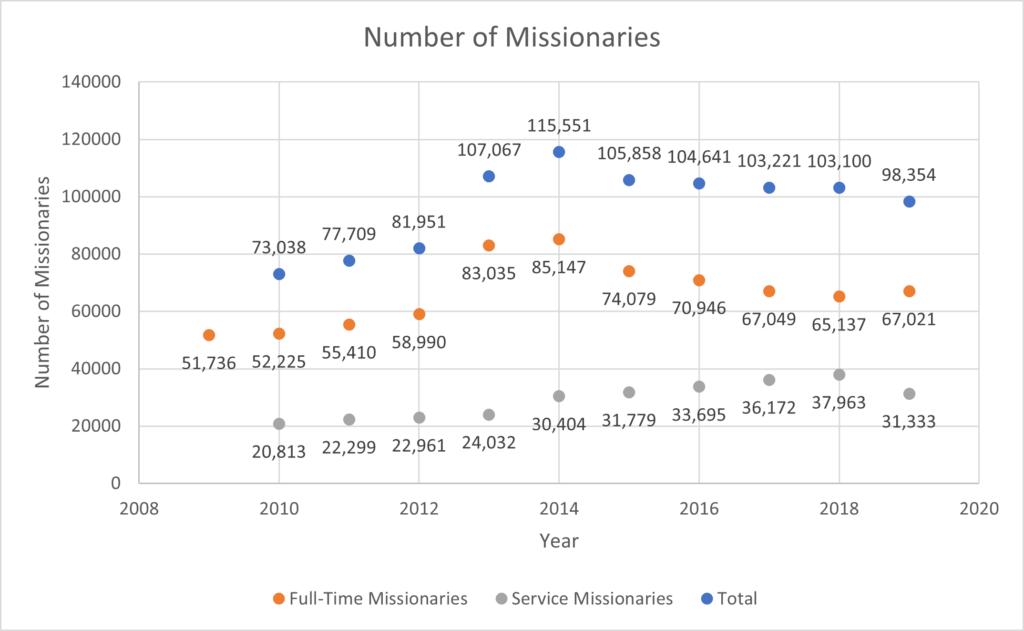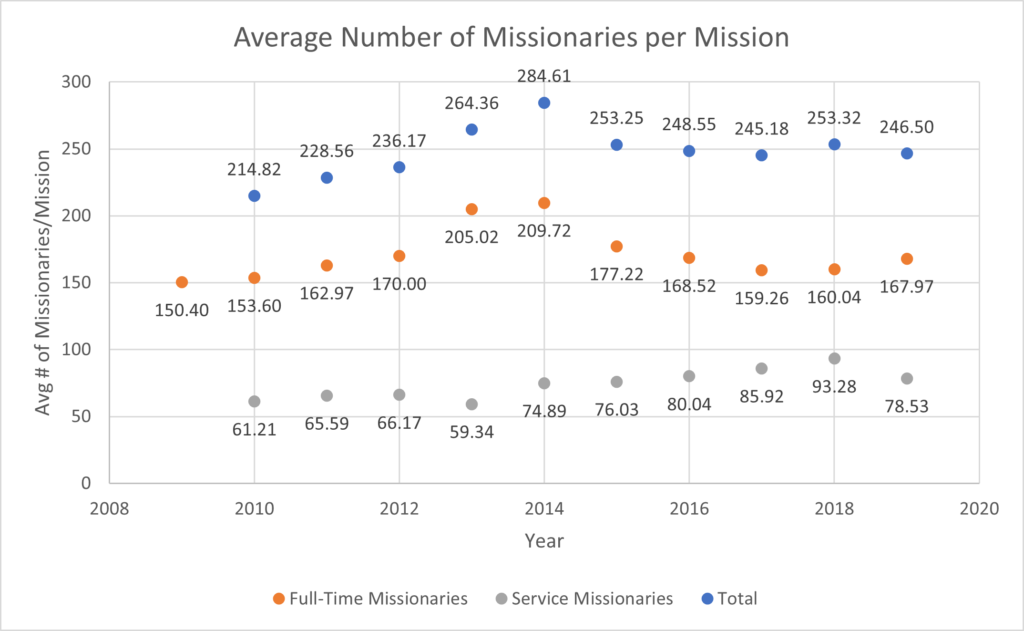As you may expect, the following contains major spoilers for Spider-Man: No Way Home.
For the record, I get why the ending was what it was, at least to some degree. I’ll discuss my some of my thoughts regarding that in this post. Nevertheless, I very much dislike how the movie ended and think it should have been done differently. This appears to be a somewhat controversial view given how much people seem to have loved the movie, but it’s my view nonetheless. It was surprisingly difficult to find a published article that wasn’t annoyingly cheerful about how the movie ended, but I did find one and will be using it as a jumping off point for this post. I recommend reading the following article by Mark Millien before reading further: Spider-Man: No Way Home’s Ending Is Brutal – But Peter Parker’s Betrayal Is Worse.
I’ll start with noting that I’m the sort of person who almost exclusively reads books and watches movies that have happy, or at least optimistic, endings. I have a variety of reasons for this and may write a post on why, but this is a disclaimer I should point out early on. So the fact that Spider-Man: No Way Home’s ending was depressing was already a big negative blow to it.
Yes, I get why they did it this way. For starters, often happy endings feel forced, out of character, and/or out of touch with reality. Super hero movies are pretty hit or miss for me, largely based on whether or not they take things further than my suspension of disbelief will allow (that could be another whole post…). The latest Spider-Man movies (Homecoming and Far From Home) managed to straddle that border between reality and fiction so well that they were easily eligible to become one of my top ten super hero movies. Even No Way Home managed to keep me tuned in throughout the entire movie (despite some things, like developing cures for the villains so fast, being absolutely ludicrous). When it came to the ending, I do appreciate how realistic it was. Peter’s suggestion to Dr. Strange to make everybody forget Peter Parker was an excellent solution to a terrible situation, a sacrifice that was heartbreaking but believable. There may have been a better way, but, in the heat of the moment, they did what they could and it worked. From a realism perspective, I really like that solution (although the article I referenced above brings up some other points worth considering).
My big problem with the movie is Peter’s decision to leave MJ and Ned to their fates of forgetting him. Yes, there is a sort of logic to it. After all, according to J. Jonah Jameson, “Everywhere Spider-Man goes, chaos and calamity ensue. Everything Spider-Man touches, comes to ruin.” It is quite obvious that this has gotten into Peter’s head by the end of the movie, especially with the death of his aunt. So, when he sees Ned and MJ happy and safe, there is a sad sort of logic to leaving them to their peaceful lives of never having known him. Especially for someone with martyr complex, like Peter may have, it can seem to perfectly reasonable to go into “a life of crippling solitude” (referencing Mark Millien’s article) if it means protecting those they care about. But though I see why Peter did it, I think it would have still been both in character and better for the movie for him to have reconnected with them.
Regarding Peter’s character, the preparation for that moment at MJ’s work started early in the movie. Throughout it, we frequently see Peter’s attempts to protect his friends and family, and we frequently see them pushing back, saying they want to stick with him and showing that they mean it by being there for him through thick and thin, even though they themselves don’t have any super powers. When Peter decides to leave Ned and MJ alone, it’s not a beautiful act of self-sacrifice. It’s him succumbing to his self-doubt, to his lack of trust in others, to his faulty belief that everyone would be better if he wasn’t around. What a horrible thing to happen to this character we have grown to love and care about.
Alternatively, imagine if he did reconnect with them. Imagine the moment when he confronts his self-doubt, his distrust of others, his faulty belief, and decides to not let those things rule him. Instead, he decides to trust MJ and Ned, their wishes, and their character. He decides to honor MJ’s request of him and his promise to her. He becomes a better person, more capable of working with others than ever. Yes, it would have taken more work to get him there. The foundation of such character development was laid throughout the movie, but a bit more would be needed before such a transformation would believable. Some more work would also have been needed at the end of the movie to show this happening without rushing it, all while laying the groundwork for the next movie. But it would have been worth it. The payout for such fantastic character growth would have been worth the extra time and effort it took to choose this path for Spider-Man rather than letting him spiral.
This brings me to why the Far From Home is my favorite superhero move, with Homecoming near first place as well: the dynamic among the characters is fantastic. I love hearing Peter play off of Ned, MJ, May, Happy, Iron Man, Mysterio, etc. The conversation is funny, genuine, and, overall, a delight to watch. This dynamic is a large part of what I love about the franchise and why I was looking forward to the newest movie, and I gotta admit, Spider-Man: No Way Home delivers on this promise in spades. The banter among the three Peter Parkers was especially fun to watch. Overall, the interaction of the characters with each other and with Peter is what makes the Spider-Man movies so great.
However, the ending of No Way Home ruins that. Instead of promising more fun with Peter and his friends, the promise for movie 4 is serious, sad, and lonely. Why should I even bother with it? I feel like the writers misunderstood what many of the fans wanted out of Spider-Man: No Way Home. Yes, there are plenty of people who were avid fans of the previous Spider-Man movies, and yes, I think the writers did a good job of bringing in nostalgia for them while making the movie enjoyable for those who don’t care about the old movies, such as myself. But when you remove one of the fundamental reasons why people love the movies, well, that’s going to be difficult to bounce back from.
Somehow, Spider-Man Far From Home has managed to be a huge hit. From what I hear, it’s largely those who are coming back for nostalgia. So from a business perspective, it seems like they made choice that worked out well (I can’t bring myself to say it was a good choice). But we’ll see how many people come back for the fourth. My dad swore off Spider-Man due to the ending of The Amazing Spider-Man 2, but we got him to watch Far From Home with us in theaters because of the trust that Homecoming gave us. Whelp, yesterday, after after watching No Way Home in the theater, that trust is gone, at least for me.
At the end of No Way Home, MJ makes Peter promise to seek her out and remind her of what she had forgotten. In that scene, though, she also promises to figure out what had happened if he doesn’t tell her. We don’t know the details of how Dr. Strange’s spell worked, but, like Mark Millien mentions in his article, MJ and Ned probably have huge gaps in their memory. I usually hate spoilers, but I’m going to ask for them before watching movie number four. I no longer trust in the Spider-Man franchise. My theory is that the next movie will include MJ’s hunt for the truth, concluding with her figuring it out. Frankly, if that isn’t the case, I’m not sure if I’ll bother watching the fourth movie or any that come after it.
Opening Photo by Hector Reyes on Unsplash



